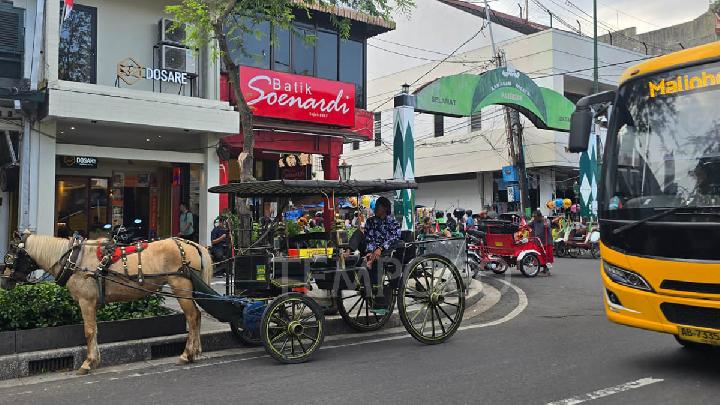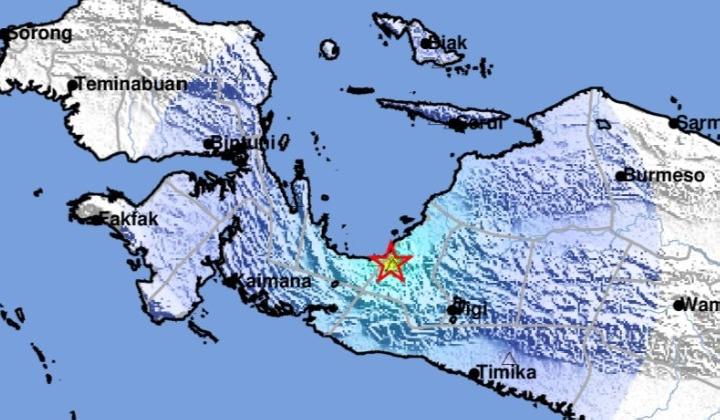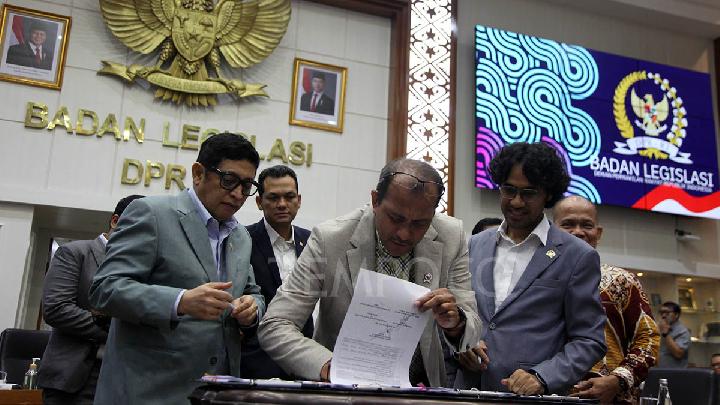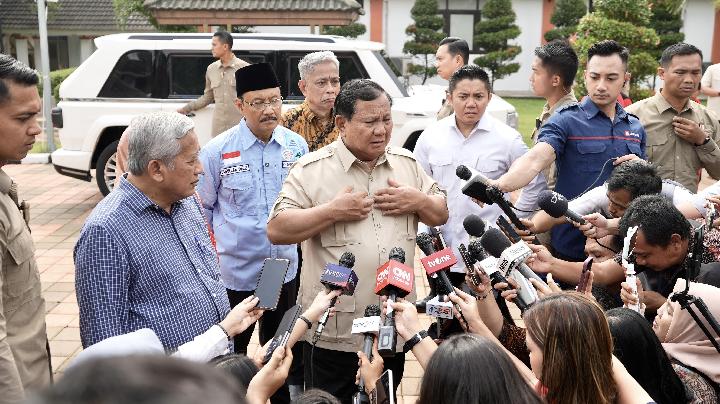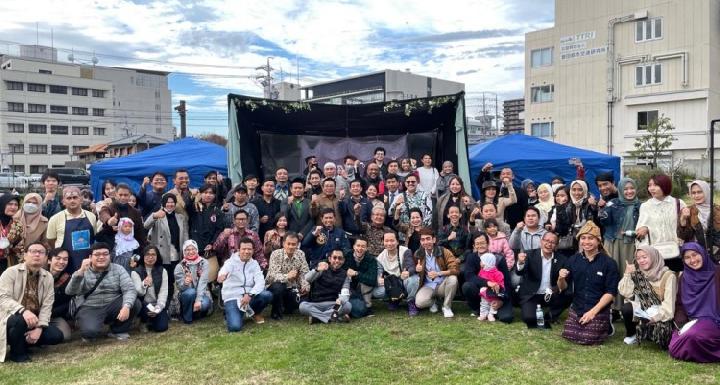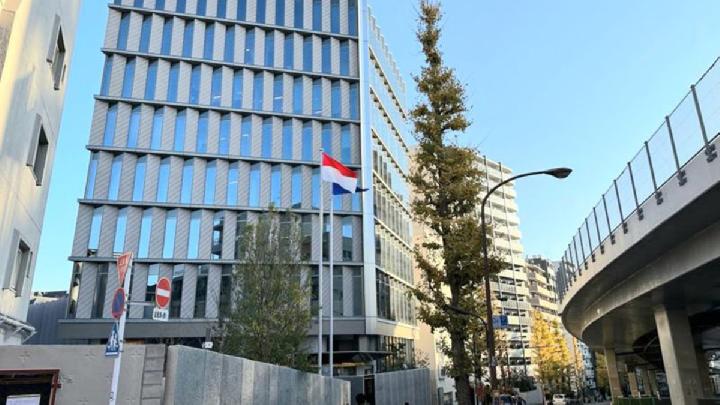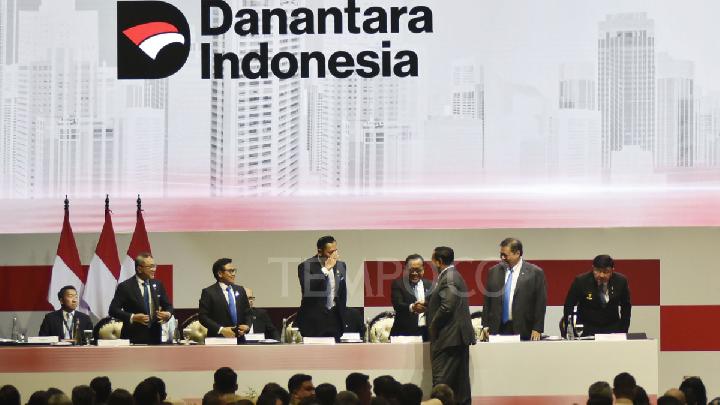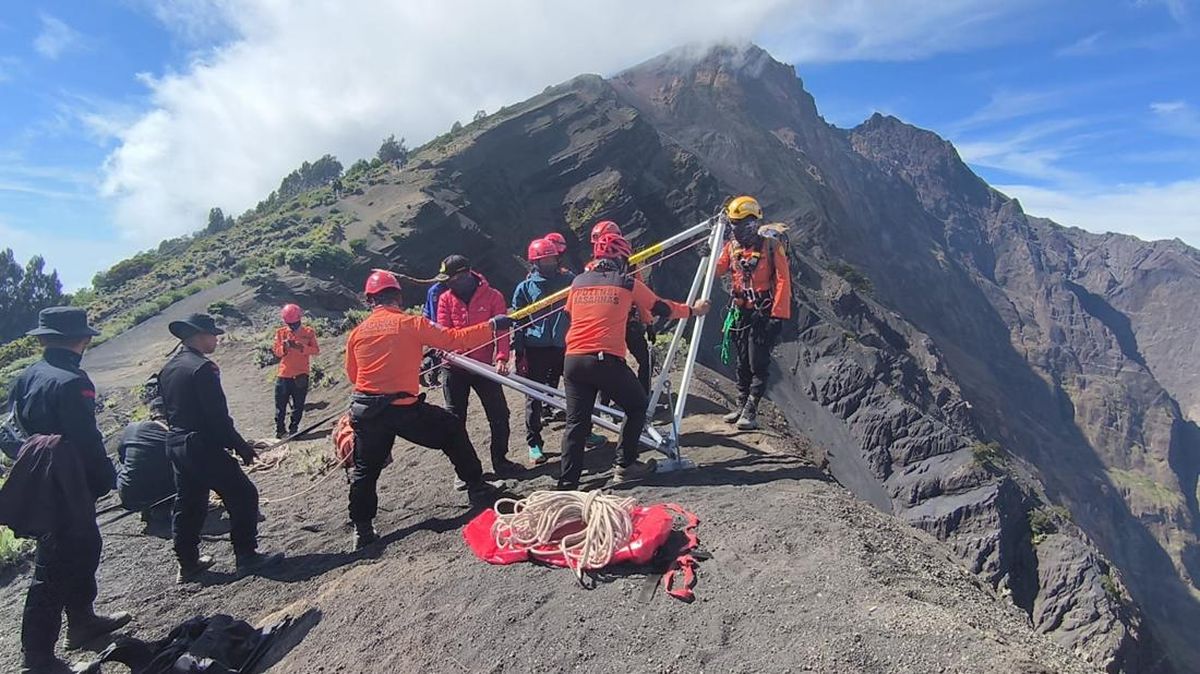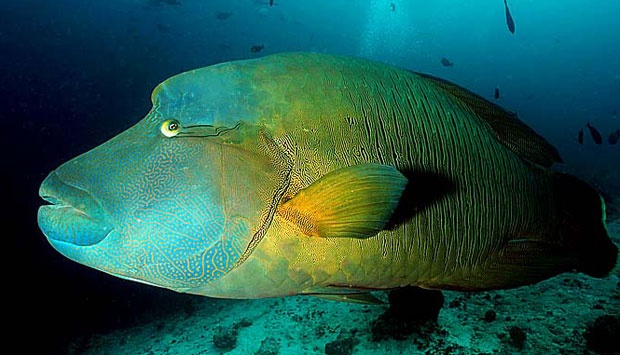
TEMPO.CO, Jakarta - Marine biology expert from IPB University, Mohammad Mukhlis Kamal, has revealed the urgency of protecting the Napoleon fish (Cheilinus undulatus) that is increasingly threatened due to mining activities in coastal areas.
Mukhlis stated that the Napoleon fish is one of the most important coral reef fish species that requires protection. Its existence is not only biologically unique, but also crucial in maintaining the balance of the coral reef ecosystem.
"The Napoleon fish is one of the largest coral reef fish species in the world. However, due to its slow growth and long reproductive maturity, this species is highly vulnerable to capture before reproducing," he said in a written statement on Tuesday, July 1, 2025.
This Faculty of Fisheries and Marine Sciences lecturer added that the captured individuals are generally young fish. This has implications for the population's sustainability in nature.
He also added that this hermaphroditic fish undergoes a sex change from female to male as it ages and grows in size. "If a large number of female individuals are captured, the population becomes unbalanced and there is a failure in the reproduction process," he said.
From an ecological perspective, Mukhlis continued, the Napoleon fish plays an important role in maintaining the health of the coral reefs. This species functions to control the population of marine invertebrates, such as mollusks and crustaceans, and serves as an indicator of a healthy marine environment.
"Their presence is highly sensitive to environmental changes. If the coral reefs are damaged or polluted, the population of Napoleon fish will be directly affected," he said. Mining can damage coral reef habitats through sedimentation, pollution, and increased water turbidity that disrupts the feeding and communication behavior of Napoleon fish.
He stated that mining can also cause changes in the chemical composition of seawater, such as an increase in heavy metal levels, which could potentially poison the fish and disrupt the marine food chain. "Disruptions to this food chain will also impact the availability of food for Napoleon fish and other marine species," he said.
Mukhlis warned that coastal mining can trigger indirect and complex disturbances to the marine ecosystem. Pollution from mining can contaminate seawater, damage seagrass beds, mangrove forests, and alter sediment dynamics on the coast. As a result, erosion and sedimentation processes are disrupted, which also affects marine habitats.
"The long-term impacts could include changes in the marine community structure, a decrease in biodiversity, and losses for coastal communities that depend on marine resources for their livelihoods," he said.
Therefore, conservation efforts are needed through the establishment of marine protected areas and strict regulation of Napoleon fish captures. "These efforts are not only to save this species, but also to maintain the overall balance of the marine ecosystem," Mukhlis said.
Editor's Choice: 10 Biggest Fish in the World, from Sharks to Rays
Click here to get the latest news updates from Tempo on Google News
Mining in Raja Ampat Puts Rare Blue Orchid at Risk
9 jam lalu

The blue orchid in Raja Ampat is categorized as endangered according to the IUCN, but it is not yet listed as a protected flora in Indonesia.
Indonesia's Supreme Court Cancels Regulation Allowing Sea Sand Export
5 hari lalu

The judges stressed the importance of protecting and conserving the marine environment, including sea sand, to sustain the ecosystem's capacity.
Which Industry Produces the Most Millionaires? These 7 Sectors Might Be Your Path to Wealth
6 hari lalu

Understanding which industry produces the most millionaires offers valuable insight into where true financial opportunities lie.
Japan, Indonesia's KKP, and UNDP Launch "seaBLUE" Initiative to Support Coastal Communities
10 hari lalu
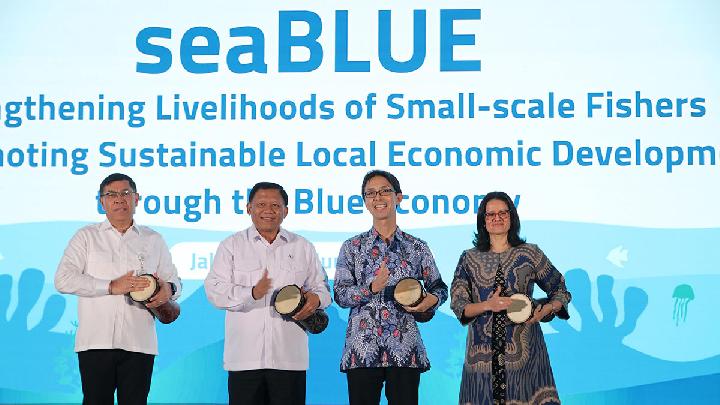
Indonesian Ministry of Marine Affairs and Fisheries (KKP) and UNDP officially launched the seaBLUE initiative. The program is funded by Japan.
Nickel Mining Threatens Raja Ampat's Marine Biodiversity, Including Sperm Whales
11 hari lalu

Nickel mining activities on the land of Raja Ampat have the potential to produce waste runoff that pollutes the waters.
Ministry Uncovers Illegal Mining on Small Citlim Island in Riau Islands
12 hari lalu
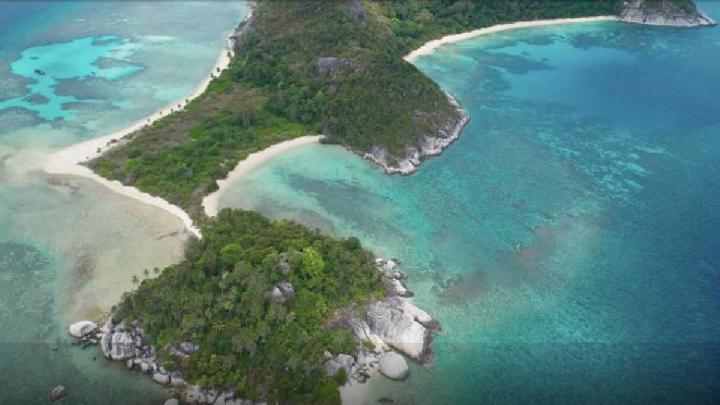
The Ministry of Maritime Affairs and Fisheries has found illegal mining activity on Citlim Island, Karimun Regency, Riau Islands.
Serious Threats Facing Mangrove and Coastal Ecosystems on Pari Island, Indonesia
12 hari lalu

An investigation is being launched into the damage to mangrove & coastal ecosystem in Pari Island, one of the islands in Thousand Islands, Indonesia.
Nickel Mining Dispute in Raja Ampat Affect Tourism Sector, Wayag Island Access Closed
13 hari lalu
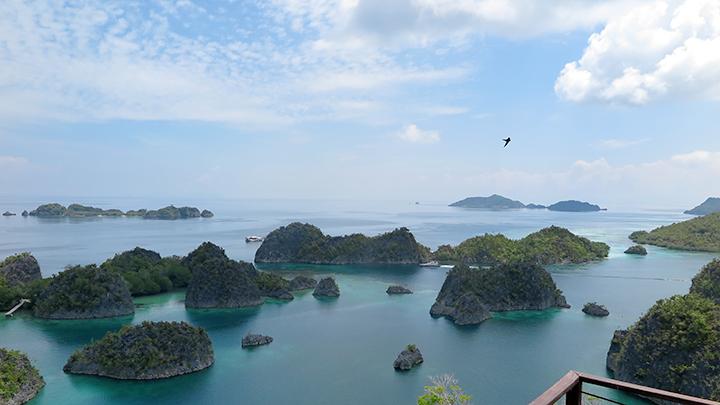
The controversy surrounding nickel mining in Raja Ampat has affected the tourism sector. Access to the popular tourist area of Wayag Island has been closed.
The Natural Resources Curse
13 hari lalu

The nickel mining permits in Raja Ampat violate the Constitution. They are concessions for party elites and tycoons supporting the government.
Here's Why Indonesia Should Learn Medicinal Plant Quality from China and India
14 hari lalu

An IPB University Professor discusses the different qualities of medicinal plants in China and India compared to those in Indonesia, shedding light on new agricultural biochemistry.








